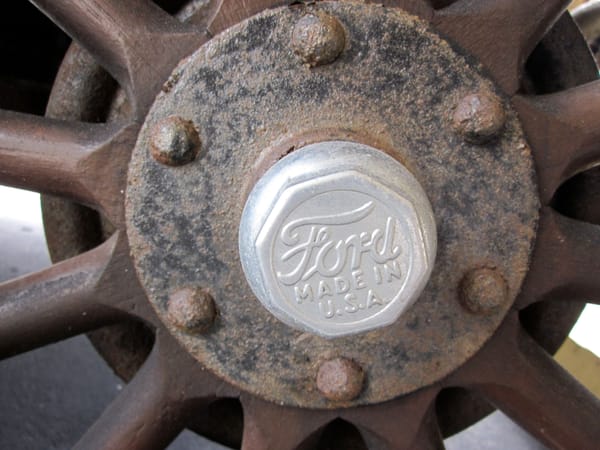Making It in America: The Impossible Quest to Manufacture in the U.S.A. (and How It Got That Way)
By Rachel Slade
Pantheon, 352 pages, $28
The political “dealignment” between the working class and the Democratic Party has been one of the central themes of US politics ever since Donald Trump won the 2016 election. Although some on the right have exaggerated the shift to the GOP among both white industrial workers and lower-income non-whites, the basic trends are clear enough: Democrats continue to attract professionals, degree-holders, and upper-income whites more generally, while Trump’s base includes many workers who would have been at home in the New Deal coalition.
“Many leftists have come to regurgitate neoliberal shibboleths.”
Rather than soberly address the material basis for this shift, however, progressives have all too often skirted the issue. When they aren’t mired in academic arguments about what defines the working class in a post-industrial society, many leftists have come to regurgitate neoliberal shibboleths about the supposed irreversibility of macroeconomic changes: Manufacturing and the skilled trades aren’t coming back, in this telling, and attempts to engineer such feats outside a few nascent green industries aren’t worth the costs—whether these are weakened relationships with allies and trading partners or marginally higher consumer prices for some household goods.
This marks a dramatic change since the 1990s and early aughts, when the American left vocally opposed neoliberal globalization and was much more aligned with organized labor on questions of free trade and industrial capacity. This shift—away from labor and manufacturing—dogs not only the Biden administration’s industrial policies, but also the efforts of small domestic manufacturers like the one profiled by Rachel Slade in her new book on the decline of domestic manufacturing. Slade, a former editor at Boston magazine, tells the story of Ben and Whitney Waxman and their company, American Roots, a decade-old apparel producer near Portland, Maine, fully committed to a domestic supply chain, as well as decent wages and benefits for employees (who are, at the Waxmans’ own urging, members of United Steelworkers Local 366).
